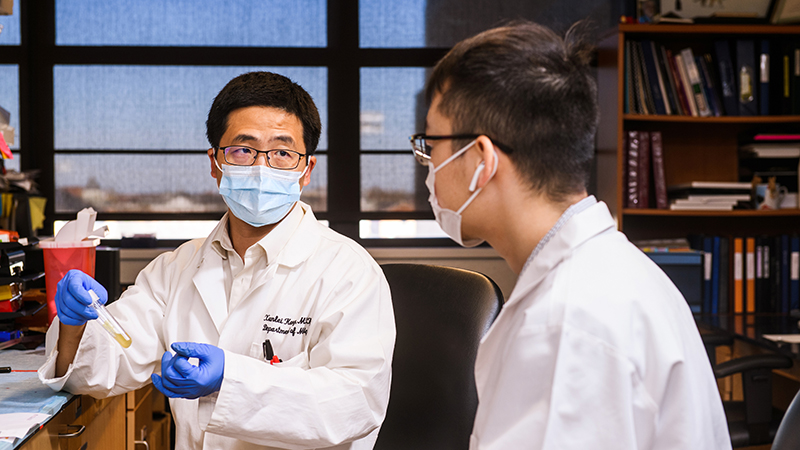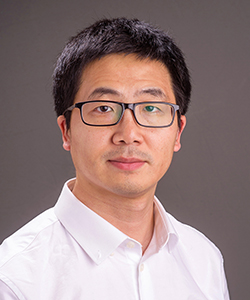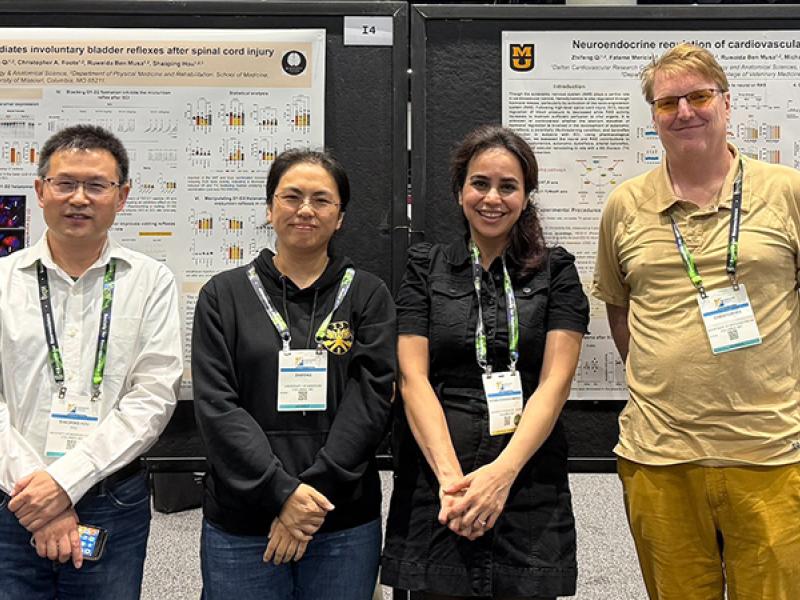
The National Institutes of Health has awarded Xunlei Kang, MD, PhD, an assistant professor at the University of Missouri School of Medicine, a $1.7 million grant to study whether a drug used to treat Type 2 diabetes can prevent acute myeloid leukemia (AML) from spreading throughout the body.

AML accounts for more than 40% of leukemia-related deaths in the U.S. Most with AML die within a few years of diagnosis.
“Over the past 40 years, AML is the only blood cancer with no progress in treatment,” Kang said. “There are a couple of obstacles. AML treatment lacks a specific target because only some of the myeloid stem cells actually express AML disease. You cannot eliminate all of them because they develop into essential red blood cells, white blood cells and platelets. In addition, because AML is a stem cell disease, these cells can easily mutate to thwart a targeted treatment.”
However, preliminary studies in animals have identified a protein encoded by the dipeptidyl peptidase 4 (DPP-4) gene that plays a key role in AML development. Kang believes a Type 2 diabetes drug that inhibits DPP-4 may be able to delay or even reverse AML by restraining the diseased myeloid stem cells inside the bone marrow, which would stop them from entering the bloodstream and invading lymph nodes and other organs.
Kang and his team of researchers will now try to determine the role DPP-4 plays in human AML development using human AML cells in a lab and human cells grafted onto mice. Kang will investigate whether the combination of a DPP-4 inhibitor and a sarcome gene inhibitor (Src) can restrain the AML cells in the bone marrow and also reverse the disease by programming the restrained malignant cells to die.
“We are confident this dual therapy holds great promise as a novel strategy for AML treatment and will be one of the key aims of our research,” Kang said.
Kang says the grant would not have been possible without collaboration from senior MU School of Medicine faculty including his mentor Edward Yeh, MD, former director, Center for Precision Medicine; Donald Doll, MD, professor of clinical medicine; Ravi Nistala, MD, associate professor of clinical medicine; and Richard Hammer, MD, professor of clinical pathology.
The NIH grant to study AML treatments is a five-year, $1.7 million award with a built-in potential for two additional years.





